The Palestinian Perspective
On Palestine, Edward Said says, “Americans are ignorant of the facts.” Palestinians have been demonized and their concerns and realities have been either distorted or dismissed. They have been stereotyped as terrorists and fanatics. The American intellectual community has been virtually silent on Israeli human rights abuses and violations of international law in the occupied territories. He describes how criticism of Israel in the U.S. is often equated with anti-Semitism further stifling discussion. The Palestinian uprising, intifada, has produced “seismic changes” which provide an opportunity for peace.
Recorded at the University of Wisconsin.
Speaker
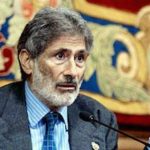
Edward Said
Edward Said, an internationally renowned Columbia University professor, practically invented the field of post-colonial studies. His great works Orientalism and Culture and Imperialism have been translated into many languages and are widely used in colleges and universities. The New York Times called him, “one of the most influential literary and cultural critics in the world.” As one of the few advocates for Palestinian rights in the U.S., he was the target of vilification, death threats and vandalism. The Economist said he “repudiated terrorism in all its forms and was a passionate, eloquent and persistent advocate for justice for the dispossessed Palestinians.” He was a trenchant critic not just of Israeli policies, but also of Arafat, the corrupt coterie around him and the despotic Arab regimes. He wrote: “While I have always advocated resistance to Zionist occupation, I have never argued for anything but peaceful coexistence between us and the Jews of Israel once Israel’s military repression and dispossession of Palestinians has stopped.” Though invited, he refused to attend the September 1993 White House signing ceremony of the Oslo agreement. He denounced it saying “What Israel has gotten is official Palestinian consent to continued occupation.” He felt strongly that intellectuals had a special responsibility to speak out against injustice, challenge power, confront hegemonic thinking, and provide alternatives. His friend Noam Chomsky said of him, “Said was one of the most remarkable and influential intellectuals of the last half-century. Much of his immense effort and talent was dedicated to overcoming the insularity, prejudice, self-righteousness, and apologetics that are among the pathologies of power and defending the rights of the victims.” His memoir Out of Place won the New Yorker Book of the Year Award. His two books of interviews with David Barsamian are The Pen & the Sword and Culture & Resistance. Edward Said died in New York in 2003.

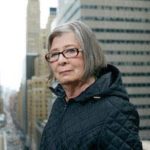
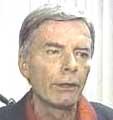
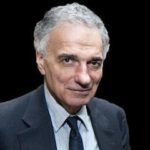
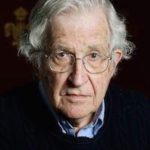
Reviews
There are no reviews yet.